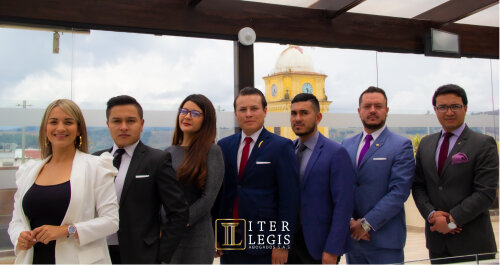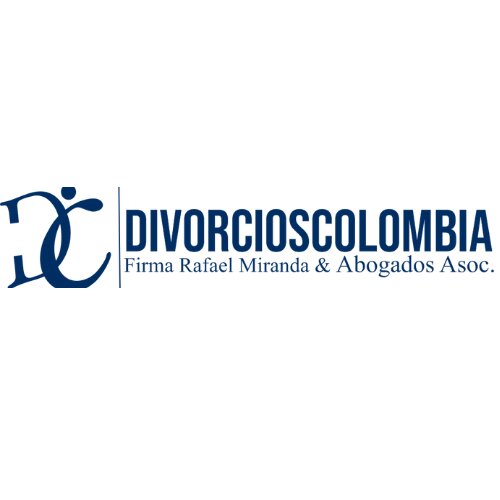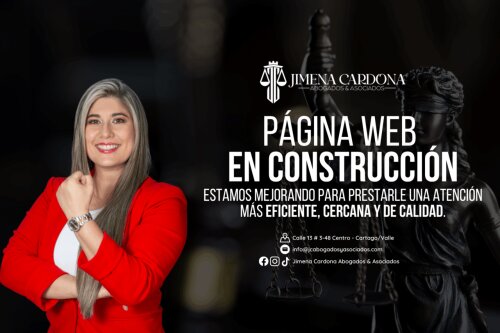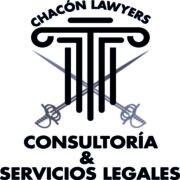Best Bail Bond Service Lawyers in Colombia
Share your needs with us, get contacted by law firms.
Free. Takes 2 min.
Or refine your search by selecting a city:
List of the best lawyers in Colombia
About Bail Bond Service Law in Colombia
Bail bond services in Colombia operate within a legal framework aimed at ensuring individuals accused of crimes can secure temporary freedom while awaiting trial. Unlike some other countries, Colombia does not have a private bail bond industry. Instead, the judicial system itself determines the conditions under which bail may be granted, focusing on the flight risk and the nature of the alleged crime. Bail is typically set by a judge, and the amount reflects the severity of the charge, the defendant’s financial situation, and their ties to the community.
Why You May Need a Lawyer
Engaging a lawyer in bail-related matters can be crucial for several reasons:
- Complex Procedures: The bail process involves various legal procedures and documentation. A lawyer can help navigate these complexities effectively.
- Understanding Eligibility: Not everyone is eligible for bail. Lawyers can assess whether the circumstances of a case meet the criteria set by Colombian law.
- Negotiations: A lawyer can negotiate the terms of bail with the court, potentially securing more favorable conditions for the accused.
- Protection of Rights: Lawyers ensure that the legal rights of the accused are protected throughout the bail process.
- Appeals: If bail is denied, a lawyer can file an appeal and argue for reconsideration.
Local Laws Overview
The Colombian legal system provides several key aspects relevant to bail bond services:
- Presumption of Innocence: Under Colombian law, individuals are considered innocent until proven guilty, which supports the provision of bail.
- Judiciary’s Role: The decision to grant bail is at the discretion of a judge, who will consider flight risk, the severity of the offense, and the individual's criminal history.
- Preventive Detention: In cases involving serious crimes, courts may opt for preventive detention without bail if there's a significant risk of flight or interference with evidence.
- Financial Surety: Bail often involves a financial guarantee, but can sometimes be substituted with other forms of assurances such as property or personal recognizance.
Frequently Asked Questions
What is bail in the Colombian legal context?
Bail in Colombia allows an accused individual to remain free while awaiting trial. The court determines bail based on risk factors associated with the accused.
How is bail amount determined?
Judges set bail amounts considering the seriousness of the charges, the accused's criminal history, financial status, and community ties.
Can bail be denied?
Yes, bail can be denied if the accused is deemed a flight risk, poses a threat to public safety, or if the crime is of a particularly serious nature.
What are alternative forms of bail?
Aside from monetary bail, alternatives such as house arrest, electronic monitoring, or other restrictions may be imposed by the court.
Is there a bail bond industry in Colombia?
No, Colombia does not have a private bail bond industry. Bail is not commercialized and is under the exclusive domain of the judiciary.
What should I do if I cannot afford bail?
If you cannot afford bail, a lawyer can appeal for reduced bail, or explore non-monetary alternatives that might be available under Colombian law.
What happens if bail conditions are violated?
If bail conditions are violated, bail can be revoked, leading to arrest and detention pending trial.
How long does the bail process take?
The timeframe for obtaining bail can vary depending on the caseload of the court and the complexity of the case. Engaging a lawyer can expedite the process.
What is preventive detention?
Preventive detention is a procedure that keeps the accused in custody, without the option for bail, often used in serious cases where there’s a risk of not appearing in court.
Can a bail decision be appealed?
Yes, if bail is denied, the decision can be appealed to a higher court for reconsideration.
Additional Resources
For assistance with bail-related matters, the following resources may be helpful:
- Defensoria del Pueblo: Offers legal aid and defense services for those in need.
- Colombian Judiciary: Provides information on court processes and rights of the accused.
- Ministry of Justice: Offers legal guidance and resources on criminal justice procedures.
- Legal Aid Services: Various NGOs offer legal assistance, particularly for those unable to afford private lawyers.
Next Steps
If you require legal assistance for bail matters, it is advisable to:
- Consult with a qualified criminal defense lawyer in Colombia, who specializes in bail and criminal procedures.
- Gather all relevant documentation related to the case to present to your lawyer.
- Confirm legal representation promptly to ensure your rights are upheld efficiently and effectively.
- Explore all legal options and pathways with your lawyer, and ensure you fully understand the conditions of any bail agreement.
Lawzana helps you find the best lawyers and law firms in Colombia through a curated and pre-screened list of qualified legal professionals. Our platform offers rankings and detailed profiles of attorneys and law firms, allowing you to compare based on practice areas, including Bail Bond Service, experience, and client feedback.
Each profile includes a description of the firm's areas of practice, client reviews, team members and partners, year of establishment, spoken languages, office locations, contact information, social media presence, and any published articles or resources. Most firms on our platform speak English and are experienced in both local and international legal matters.
Get a quote from top-rated law firms in Colombia — quickly, securely, and without unnecessary hassle.
Disclaimer:
The information provided on this page is for general informational purposes only and does not constitute legal advice. While we strive to ensure the accuracy and relevance of the content, legal information may change over time, and interpretations of the law can vary. You should always consult with a qualified legal professional for advice specific to your situation.
We disclaim all liability for actions taken or not taken based on the content of this page. If you believe any information is incorrect or outdated, please contact us, and we will review and update it where appropriate.
Browse bail bond service law firms by city in Colombia
Refine your search by selecting a city.















